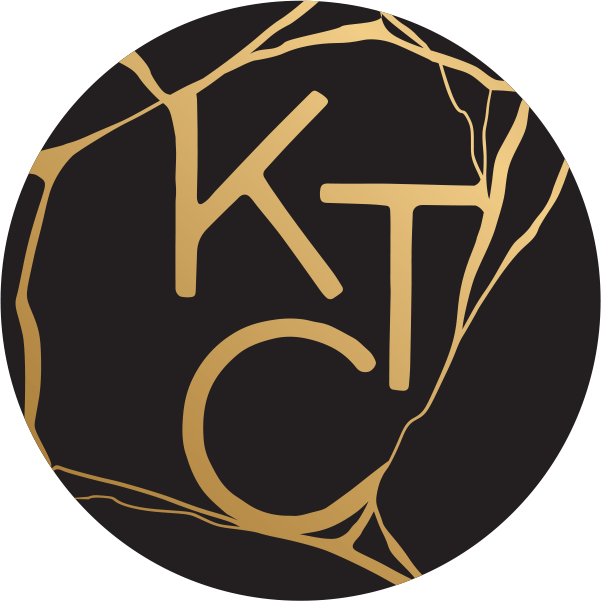
Barriers to Nourishment
Barriers to Nourishment is a group facilitated by Asher Pandjiris, LCSW (Co-Director of Kintsugi Therapist Collective) for any mental health care worker who wants to ground in a rich understanding of how our complex relationship to food, sex, exercise, rest, desire and joy show up in our practice and in ourselves.
Far too often, perhaps because themes of attachment and nourishment can be triggering for clinicians themselves, the disordered eating field has a monopoly on questions surrounding nourishment and trauma, but, in the isolation of specialization, these discourses become siloed, leaving out the reality that MOST clinical work involves a confrontation with our own bodies first. In exclusively focusing on the “problematic” relationship our clients have to self-regulation and nourishment, we as care workers miss out on the opportunity to know our clients deeply and with the compassion that comes from a shared acknowledgement that meeting our bodies’ needs is always a fraught endeavor. I really hope some dynamic conversations can happen in the group space between areas of specialization and theoretical approaches. I also hope that participants find ways to come to terms with and “nourish” their own body minds.
Participation.
Participation in group consultation will include:
Monthly group clinical case consultation
Asynchronous connection and shared resources through a lightly moderated Slack group
A commitment of 6 months, with the option to continue, is required to participate
Schedule.
Applicants are asked to make a six month commitment, with the option to continue indefinitely, which includes:
105min/month of direct group consultation
This group meets on the 2nd Friday of each month from 12:00 - 1:45 Eastern
Additional time to prep for each session
Participants will either be preparing and sharing a case/clinical dilemma a week in advance of their turn to present and/or preparing to engage with the case(s) of others
Occasional suggested readings or journal prompts
Asynchronous community engagement via Slack
No sessions held in August (Summer Break) & December (Winter Break)
Finances.
The following payment structure is inspired by and borrowed from the model of Bayo Akomolafe’s class We Will Dance With Mountains: Into the Cracks and Skin and Spine with Joanna Hedva at Corporeal Writing.
This year-long program offers a sliding scale based on your relative financial standing. In an effort to reflect disparity in economic condition and access to wealth, the following payment system is designed for those with more wealth to help cover the costs of those with less access to wealth and resources. We trust your discernment of your current financial situation and how you fit into the global economic context.
As you decide what amount to pay, please consider your present-day financial situation governed by income, but also the following factors: historical discrimination faced by your peoples; your access to income and financial wealth, both current and anticipated (retirement, savings, investments, expectation of an inheritance; how easily could you earn more income compared to other people in your community, country, and world); people counting on your financial livelihood including dependents and community members; the socio-economic conditions of your locale (relative to other places in your country and in the world); your relationship to food & resource scarcity.
$75/mo Partner
$60/mo Supporter*
$45/mo Friend
*This amount reflects the “real” value of the offering
—
Please note:
Therapists do not need to be fully licensed to participate, however, the KTC Barriers to Nourishment Case Consultation Group is a consulting relationship and not clinical supervision. Services do not count towards licensure and unlicensed therapists will need to have a clinical supervisor in the state in which they are practicing.
You can contact Asher with questions about the group via email. Applications will be read on a rolling basis with a focus on maintaining an intimate, generative environment.
